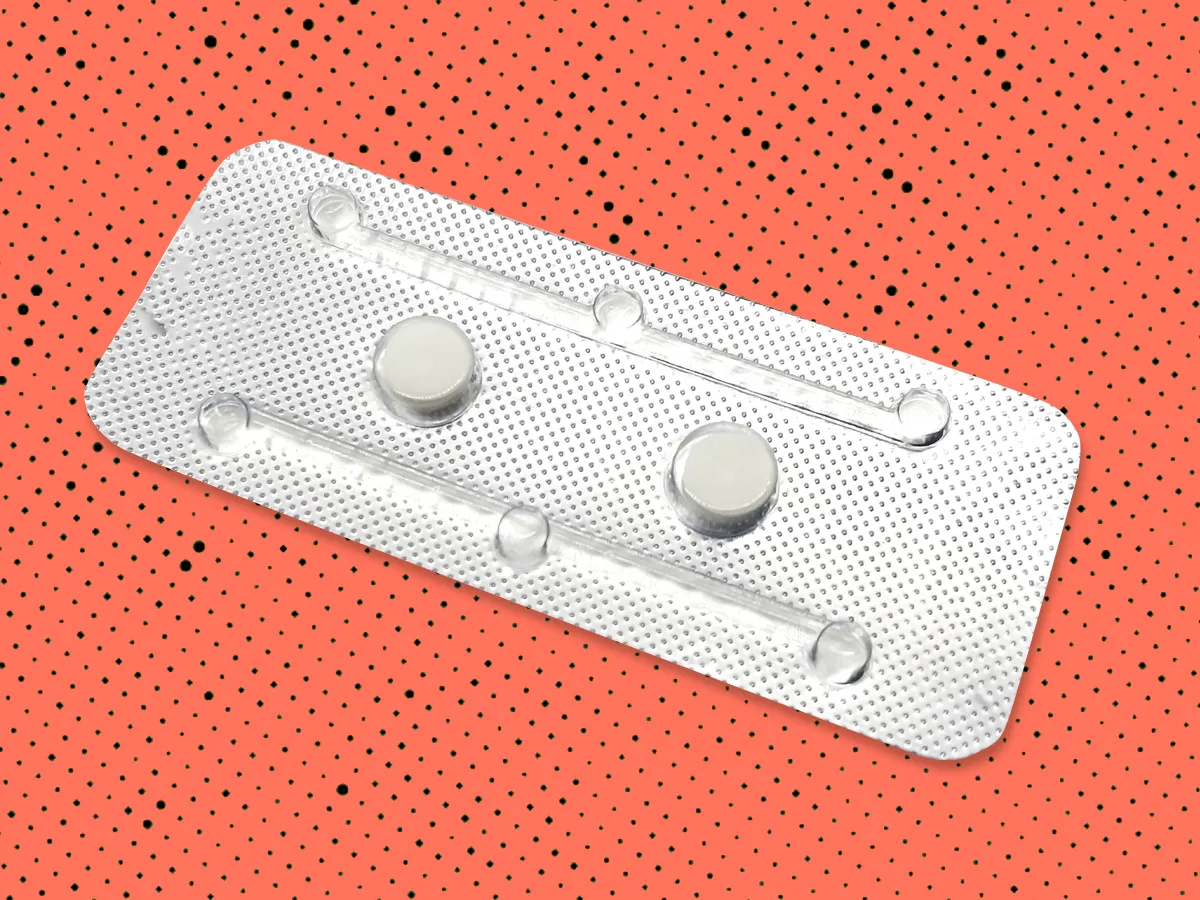Emergency contraception can prevent pregnancy if you’ve had unprotected sex or your birth control method didn’t work. But if you’ve ever wanted to know more about emergency contraception pills and whether you can still get pregnant after taking them, keep reading!
Can you still get pregnant after taking Plan B?
The morning-after pill, commonly referred to by brand name Postinor 2, is a levonorgestrel emergency contraceptive (EC) pill that prevents pregnancy after unprotected sex or if your contraception failed (like if you forgot to take your birth control pills or the condom broke). It works by stopping an egg from being released from the ovary during ovulation, which prevents the egg from being fertilized if ovulation has already happened or prevents a fertilized egg from being implanted in the womb.
There are many brands of levonorgestrel EC pills that work in the same way. This type of EC works best when taken as soon as possible after unprotected sex, ideally within 12 hours.
When taken within 24 hours, levonorgestrel EC is 95 percent effective. If taken 48–72 hours after unprotected sex, the effective rate is 61 percent. The effectiveness of emergency contraception decreases the longer you wait, so taking it sooner is better.
After taking emergency contraception pills, you may feel some side effects, including nausea, abdominal pain, headache, dizziness, or vomiting. If you throw up within two hours of taking the pill, you should take another one right away or use another form of emergency contraception, like the copper IUD, in order to prevent pregnancy.
The other type of morning-after pill has ulipristal acetate as the main ingredient and can prevent pregnancy when taken up to five days later. But they always work much better when taken within the first three days.
You may also wonder, does it matter when in your cycle you take an EC pill?
The short answer is yes. The effectiveness of emergency contraception pills depends not only on how soon after unprotected sex you take it but also where you are in your cycle. For instance, if ovulation has already occurred (within 24 hours), EC may be less effective. This is one situation where you can still get pregnant after taking EC.
A small study performed in Chile showed that of 35 women who took a levonorgestrel pill on the day of ovulation or afterward, six of them got pregnant. On the other hand, of the 87 women who took it within five days before ovulation, none got pregnant.
The effectiveness of Plan B can also decrease when someone is overweight or obese. According to the CDC, if you have a BMI over 30, EC might be less effective.
A 2011 study published in the Contraception journal found that obese people were three times more likely to get pregnant after taking an EC pill than those with a normal body mass index.
For heavier people, experts recommend the copper IUD for emergency contraception. It’s actually the most effective form of EC. According to studies, less than 0.1 percent of people who get the copper IUD after unprotected sex get pregnant.
It’s also important to note that certain medications and supplements can reduce the effectiveness of EC. These include the antibiotic rifampin, antifungal griseofulvin, certain HIV medicines, some anti-seizure medicines, and the herb St. John’s Wort.
Does Plan B work during ovulation?
Morning-after pills are most effective before ovulation. This is because they stop an egg from being released from the ovary so there’s no egg available to get fertilized by sperm. But if you’ve already ovulated, the pill may prevent sperm from fertilizing an egg.
If enough time has passed after unprotected sex and an egg has already been fertilized, EC may stop the egg from implanting in the uterus. But if the fertilized egg has already been implanted in the womb before taking it, it’s unfortunately too late, and it won’t prevent pregnancy. Timing is very important here.
After having sex, it can take up to six days for an egg to get fertilized and another three to four days for the fertilized egg to implant itself into the uterine lining. If you’re within your fertile window, using the copper IUD as emergency contraception is a safer option to avoid pregnancy.
It may also be helpful to know that if you take a morning-after pill and are already pregnant, it won’t harm the fetus.
How do I know if the EC pill worked?
You’ll know if your emergency contraception worked when you get your next period, which could come within a week of when you expect. Your period may be heavier, lighter, earlier, or later than usual. EC pills can also cause some irregular bleeding or spotting afterward.
If you don’t get your period within three weeks after taking EC, you should take a pregnancy test. And if your period is more than a week late, you should also take a pregnancy test.
Can women on birth control take emergency contraception pills?
Yes, you can take EC pills on birth control. If you forgot to take your birth control pill and had unprotected sex, you could take the morning-after pill to prevent an unplanned pregnancy. You can resume taking your birth control again right away. It’s best to use another form of contraception (like condoms) until your birth control is fully reliable again after the missed pill or pills.
In conclusion, is is possible to get preganant after taking emergency contraception pills in certain circumstances, such as if a fertilized egg has already been implanted in your uterus; you have unprotected sex after taking the pill; you are overweight; or you take medications that reduce its effectiveness.
The effectiveness of emergency contraception also depends on how soon you take it after unprotected sex and which day of your cycle it is. To prevent unplanned pregnancy, it’s essential to always use reliable contraception each time you have sex.






